All About Diesel Generators With Auto Start
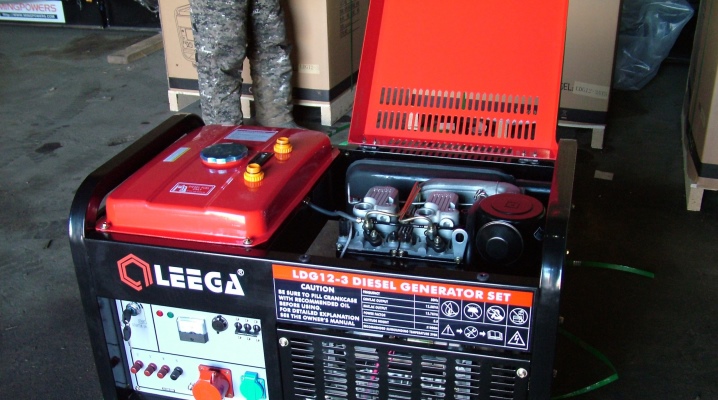
For power supply of private houses, warehouses, various economic and commercial tasks, generators are used. They can be divided into a number of types: diesel and gasoline, with manual start, with auto start. Nowadays, users are most inclined towards diesel-powered units.
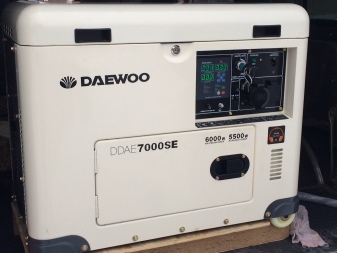
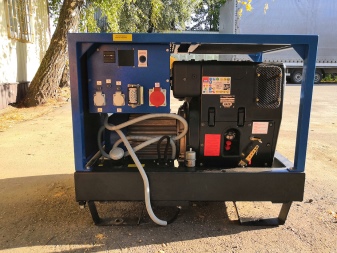
Peculiarities
Diesel generators with auto start are represented by samples producing power from 2 to 2440 kW. Their tasks will differ from each other: some will be practiced to generate and supply electricity for household needs, others for industrial needs.
Units used for commercial and industrial needs, due to the increased power at the outlet, will usually have large dimensions and the most complex control. In addition, the presence of an autonomous operation option, equipping with operational safety systems, control and monitoring of work is important.
Different diesel generators generate different currents based on their design and power. There are 2 large development groups aimed at satisfying both household and industrial users.
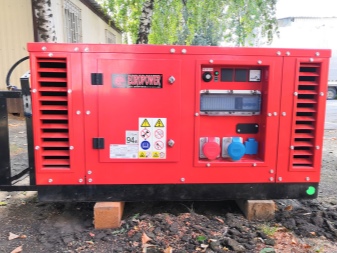
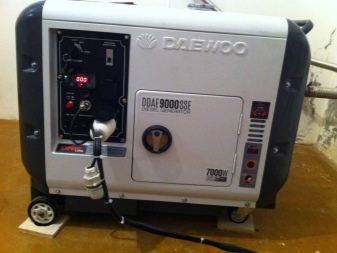
Diesel generators with one phase are created with the aim of transmitting a current of 220 V. This is the most demanded type of autonomous power plants, since they are especially versatile. Typically, these units can be seen in country houses, dachas, small retail outlets and other facilities.
DGS with a 3-phase design can operate to generate current both 220 V and with the most solid values - 380 V. This technique is designed to serve impressive spaces: large factories, high-rise buildings, sometimes entire cottage villages. Their distinctive properties: high efficiency, as well as power appropriate to it.
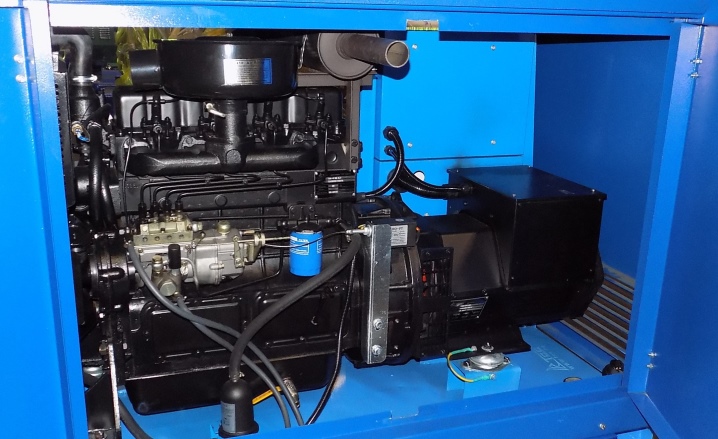
Model overview
Let's analyze the most popular modifications of a diesel generator (DGU) with auto start.
DGS 5 kW
The models are intended for personal use. Compared to industrial ones, they cannot function for days, but the motor power is enough for a steady supply of electricity for up to 10 hours.
They can be used both in a private house and on construction sites.
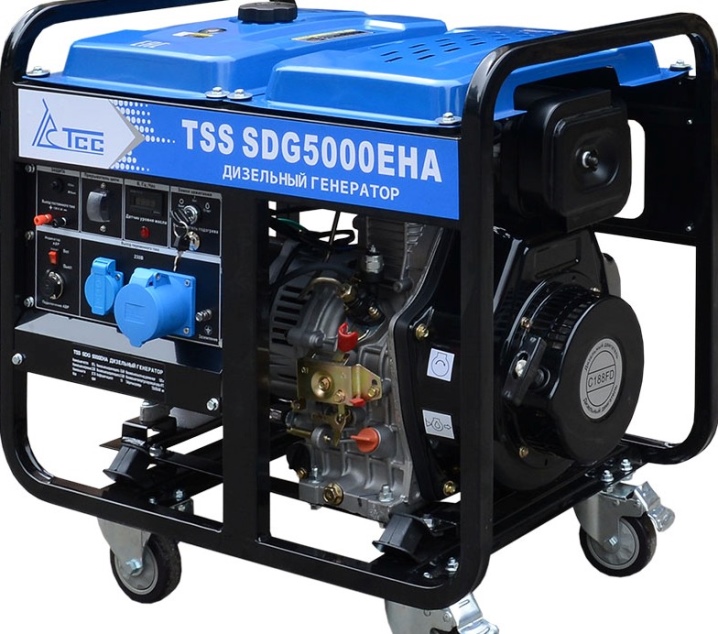
DGS 6 kW
These units are of high build quality and economy. They are used as sources of power supply of an autonomous type in trade kiosks, private houses, and workshops.
The stations make it possible to protect expensive electrical equipment from breakdowns in case of power supply problems. They support the work of various organizations in a normal mode during a power outage.
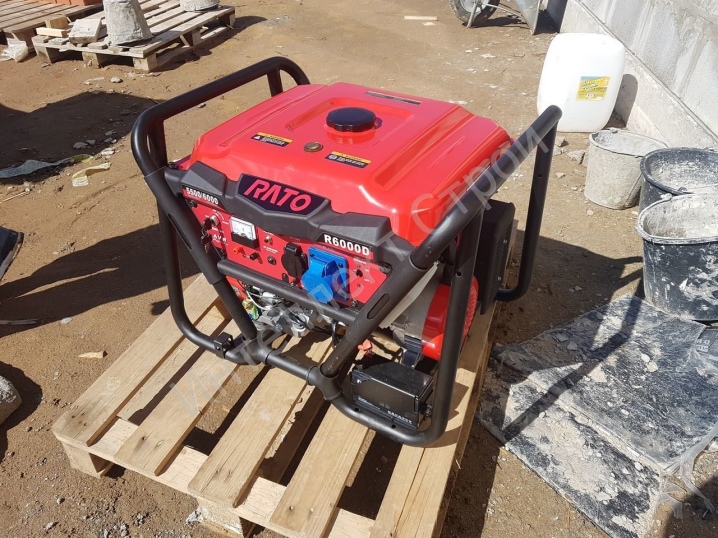
DGS 7 kW
They can supply several consumers in parallel or one, but with significant inrush currents. You can connect electric tools, garden equipment, power plants. The equipment is practiced both permanently and for work outside the territory, for example, in the construction business, when carrying out road repairs, and so on.
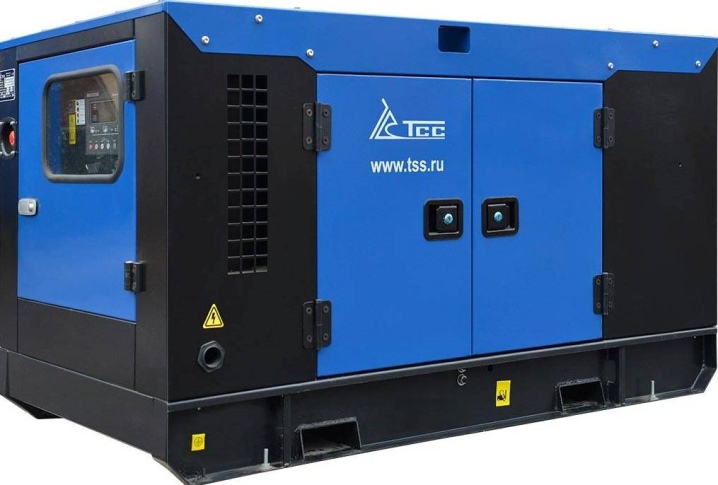
DGS 15 kW
Optimal generator for its power. It is quite comfortable, since it has a small size and is practical for using it as a spare power source. In places where a cold start is required, this unit is simply irreplaceable. DGS can be both mobile and stationary.
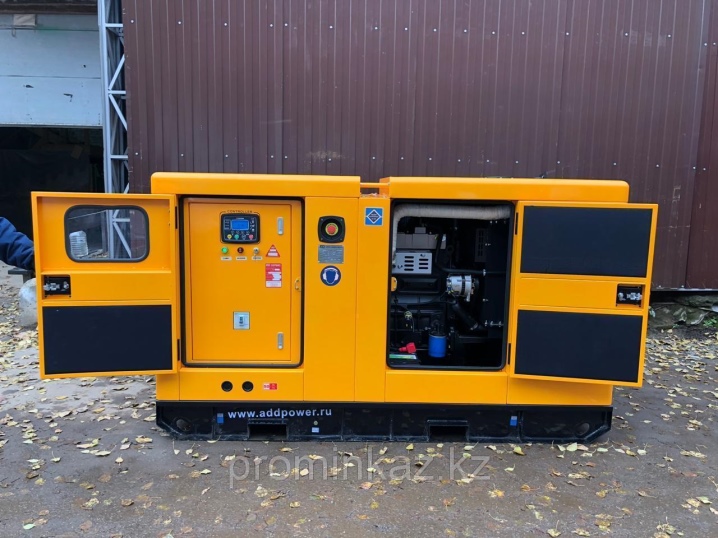
DGS 10 kW
It is a reliable and inexpensive power source capable of withstanding continuous load and continuous operation.
Suitable for uninterrupted supply of electricity to a cottage, house, small warehouse or shop. Compact and reliable in operation, the unit with a different list of possibilities stands out for ease of maintenance, low noise level and good productivity.
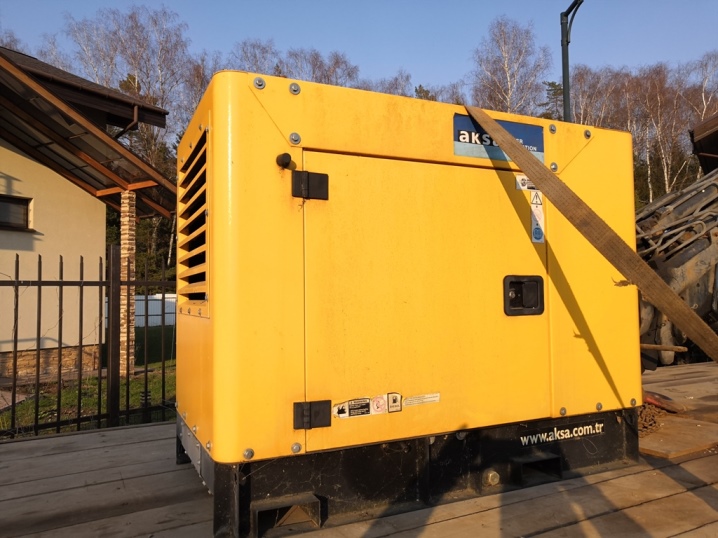
DGS 20 kW
It is a compact and reliable unit that combines high productivity, reasonable cost and versatility. The station generates and conducts a current of 220/240 V with a frequency of 50 Hz to power equipment, devices and installations of various types and purposes. The unit is practiced as a backup source of electricity, as well as as a key power supply for electrical appliances in offices, cottages, houses, on not very large industrial and construction sites.
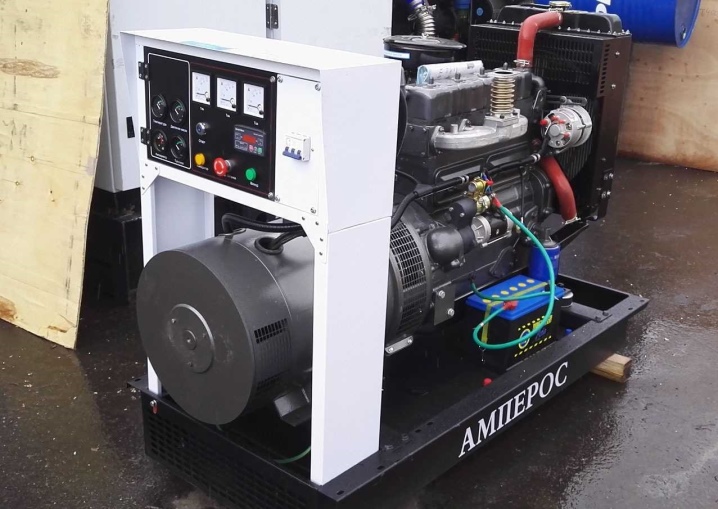
DPP 30 kW
It is practiced as an electrical substation that supplies electricity to autonomous facilities. The unit uses advanced technologies, it has ideal technical capabilities. Through the transmission shaft, the torque from the internal combustion engine is sent to the rotor. There, an electric current is generated in the stator windings.
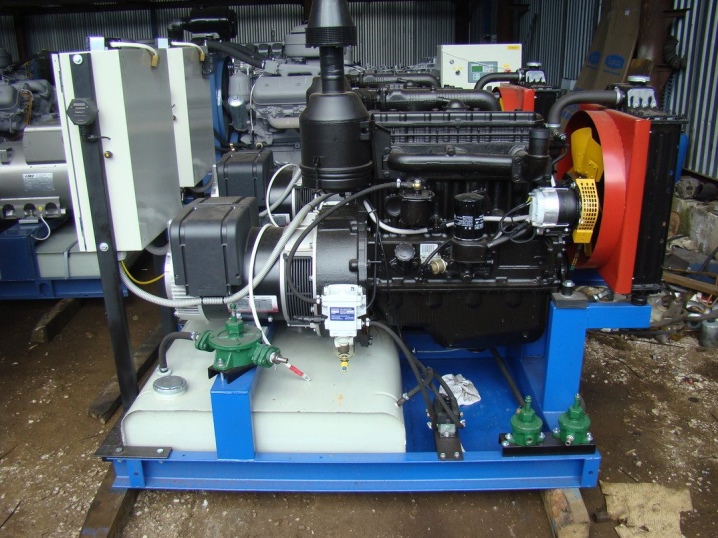
DGS 100 kW
Produces current for users who need energy either permanently or temporarily. In the structure of the structure of the power plant there is an electromagnet-rotor, which is driven by the internal combustion engine. The installation is not only simple, reliable, but also characterized by a relatively inexpensive cost of electricity.
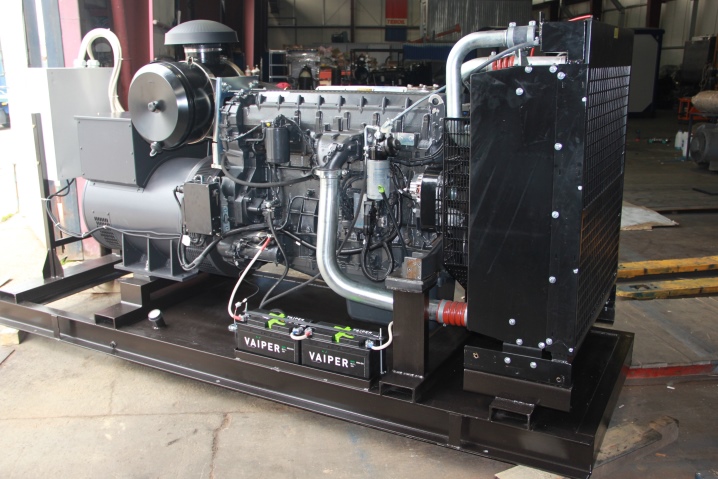
250 kWt
A unit for supplying a large number of consumers with electricity without interruptions. Energy is generated in the internal combustion engine when the fuel is ignited. Then, by means of the transmission shaft, it is sent to the rotor magnet. Rotating in the stator, it contributes to the appearance of the load current.
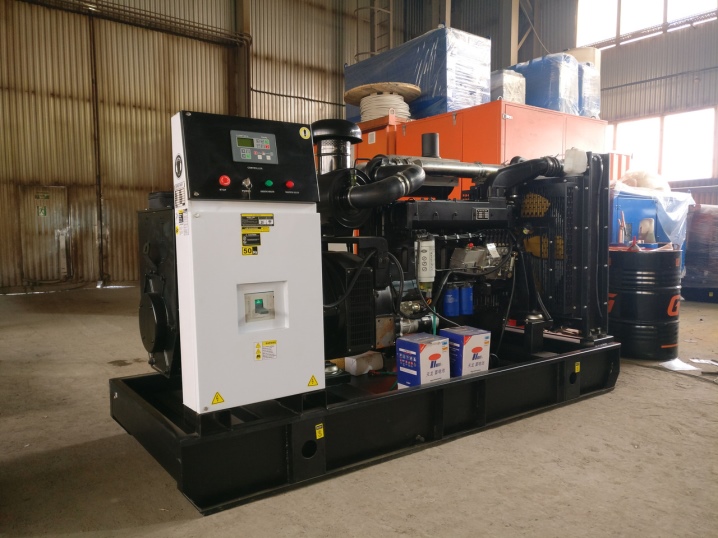
How to connect?
When building power supply systems, there is a typical DGS connection diagram.
The variability in the typical connection scheme arises from:
- output voltage values;
- the location of the control module;
- functions of automatic transfer switch (ATS) (lack or presence of a panel) - is available in almost all the latest modifications, as it prevents the possibility of connecting the unit in the presence of electric current in the network.
You should not save on automation, since the synchronous inclusion of a diesel generator set and a centralized electric current in the network can cause a fire and an accident.
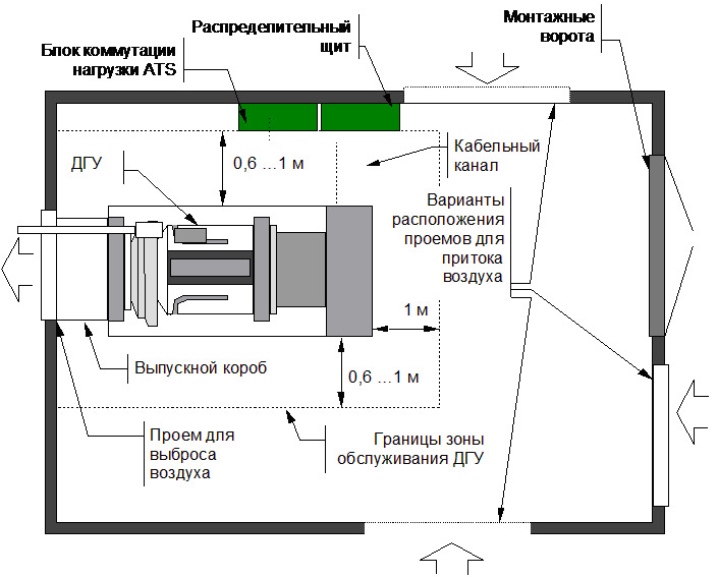
A typical connection diagram contains the following components:
- directly DGU;
- ATS panel;
- rocker switch (QS);
- main control panel;
- electrical panel;
- generator switch QF1;
- switch protecting the auxiliary power cable QF2;
- electrical cable;
- remote control cable;
- cable that supplies its own needs.
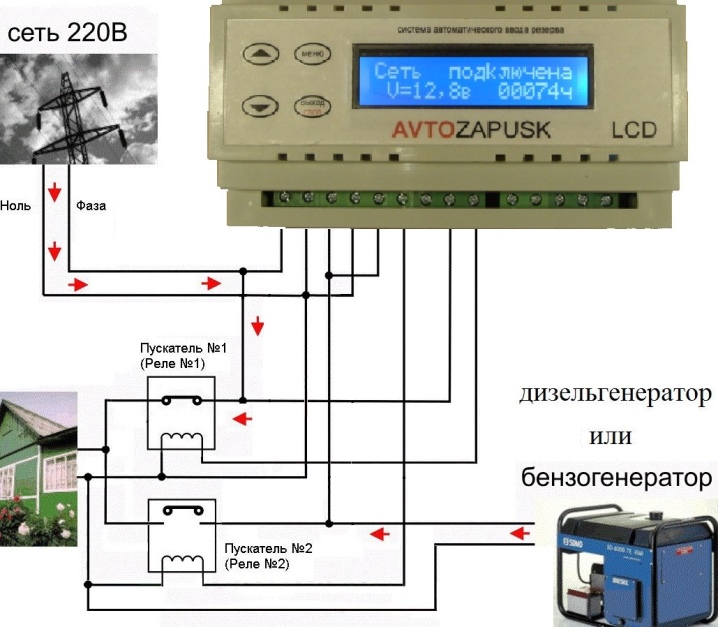
DGS preparation plan for connection:
- DGS must be eliminated from the influence of precipitation and direct rays of the sun;
- it is necessary to connect a forced ventilation system to prevent overheating of the diesel generator set during operation;
- prevent sudden temperature surges;
- the scheme for connecting a diesel generator set with or without auto start must include safety components that prevent chemicals, exhaust gases, dust, and so on from entering the mechanisms;
- when installing DGS in the open air, the connection diagram must contain elements of external protection, containers, noise-absorbing casings.
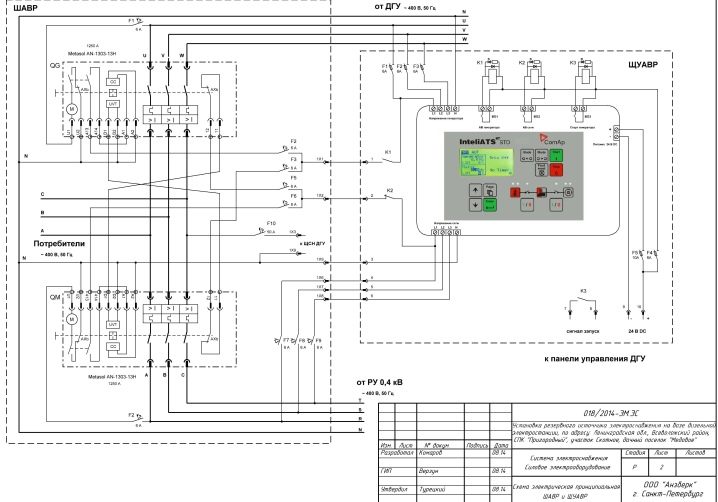
The most difficult thing is the installation and connection of electrical circuits. Here are the main steps.
- The switchboard is connected. And also it is necessary to provide the ATS circuit with power.
- High-quality laying and marking of auxiliary circuits of diesel generator sets.
- All cables are connected.
On a note! To create the most reliable protection, an individual ground loop is installed.
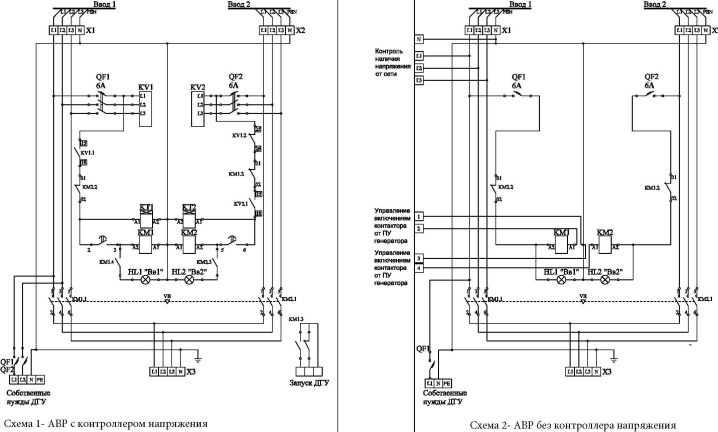
A diesel generator with auto start is presented below.













The comment was sent successfully.